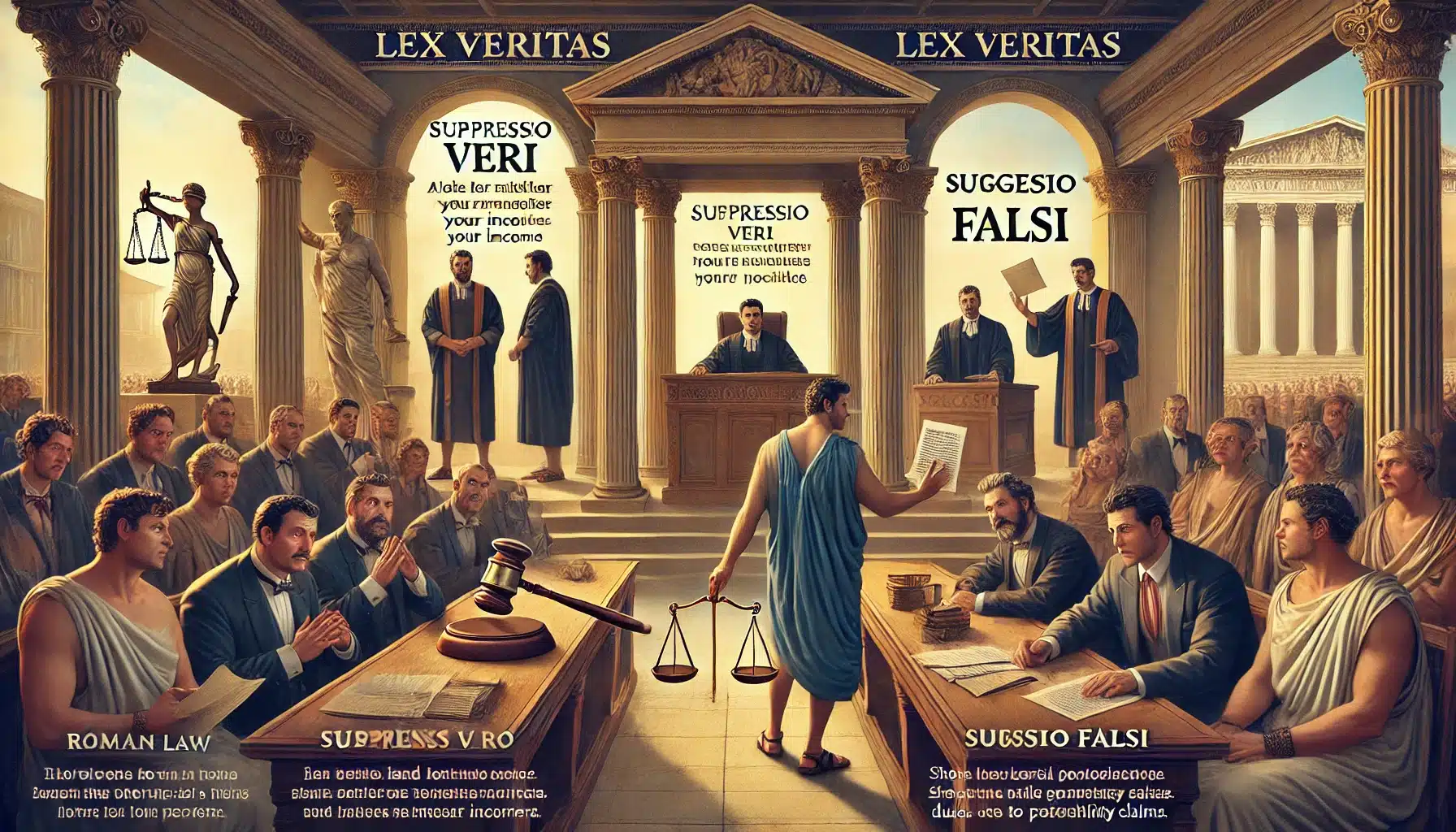The legal maxim “Noscitur a Sociis” means “it is known by its associates.” This doctrine asserts that the meaning of an unclear word in a statute or contract should be determined by the words surrounding it. It emphasizes context, ensuring the interpretation aligns with the document’s overall intent

Legal AI that cites and formats correctly
Definition
The legal maxim “Noscitur a Sociis” literally means “it is known by its associates” or “a word is known by the company it keeps.”[1]
Meaning
Noscitur a Sociis is a doctrine or rule of construction that asserts the meaning of an unclear or ambiguous word (as found in a statute or contract) should be determined by considering the words with which it is associated in the context. This principle helps clarify the meaning of a particular term by interpreting it in light of its surrounding words, ensuring that the interpretation aligns with the overall context and intent of the document.
The principle of construction, also known as the interpretation of statutes and other documents, asserts that the meaning of words should be understood by considering the context in which they appear. This principle emphasizes that words and phrases cannot be interpreted in isolation but must be viewed in relation to the surrounding text. By examining the broader context, including the purpose and structure of the document, the intended meaning and implications of specific terms can be more accurately discerned.
The maxim “Noscitur a Sociis” can be better understood with the help of another legal maxim “qua non valeant singular juna juvant” which literally means “Words that are ineffective on their own become effective when considered together.”
The scope of this rule of interpretation, however, is limited, for it can only be applied in circumstances where the law is either unclear or ambiguous. When there are no apparent problems with interpretation, the rule cannot be used. Additionally, the rule cannot be used nefariously to make any of the associated words redundant. In the case of Shriram Vinyl and Chemical Industries v. Commissioner of Customs[2] the court held that the rule of noscitur a sociis cannot be applied in cases where the intention of the legislature or Parliament reflects a deliberate usage of words to widen the scope.
Noscitur a Sociis and Ejusdem Generis
The principle of noscitur a sociis is closely related to the rule of ejusdem generis, with the former being broader in scope than the latter. Noscitur a sociis involves interpreting a word based on its context, while ejusdem generis focuses on interpreting a general term in a list based on specific accompanying terms. Both rules aid in clarifying ambiguous language in legal contexts.
To distinguish between the two doctrines, we need to grasp the rule of ejusdem generis. In the case of Kavalappara Kottarathil Kochuni v. State of Madras[3], the application of this rule was discussed. It was mentioned that the rule is applicable when there are general words following specific words that belong to a particular category or class. Furthermore, it was established in this case that the rule “…is not an absolute legal principle but rather a permissible inference when no contrary indication is present.”
This case law clarifies the application of the principle of ejusdem generis effectively. According to it, this principle is relevant when there exists a specific list or category, and not otherwise.
Applicability
The case of Foster v. Diphwys Casson[4] involved a statute that required explosives taken into a mine to be carried in a “case or canister.” The defendant used a cloth bag, raising the question of whether it met the statutory requirement. Applying the doctrine of “noscitur a sociis”, the court determined that a cloth bag did not fall within the definition. It concluded that Parliament intended to refer to a container of similar strength and durability as a canister, thus excluding the cloth bag.
The Supreme Court referred to this maxim in the case of State of Bombay & others v. Hospital Mazdoor Sabha & others[5]. The court held that in construing the definition, we must adopt the rule of construction noscitur a sociis. This rule means that when two or more words which are susceptible to analogous meanings are coupled together, they are understood to be used in their cognate sense.
In State of Assam v. Ranga Muhammad[6], the court applied the rule of noscitur a sociis to interpret whether the Governor needed to consult the High Court when transferring a sitting Judge. The case hinged on whether the term “posting” in the legal context included “transfers” alongside “appointments” and “promotions.” By examining the term “posting” in the context of related words, the court determined that it was associated with “appointments” and “promotions” but did not extend to “transfers.” Thus, the court concluded that the Governor was required to consult the High Court regarding transfers, as the term “posting” did not encompass the act of transferring a judge.
In the case of M/s. R. K. M. Finance Ltd. v. Union of India[7], the Supreme Court utilized the principle of noscitur a sociis to interpret provisions of the Companies Act related to financial regulations and obligations imposed on financial institutions. The Court examined the context provided by surrounding statutory provisions to clarify the scope and intent of the relevant regulations. This approach helped ensure that the interpretation of the provisions was consistent with the overall legislative framework and objectives of the Act.
In the case of Keshav Mills Co. Ltd. v. Commissioner of Income Tax, Bombay[8] The supreme court applied the rule of noscitur a sociis to interpret the scope of tax deductions. The Court examined the surrounding provisions and related terms to determine the meaning of the term “profits” as used in the Act. By analyzing how “profits” was used in conjunction with other related terms and provisions, the Court clarified its interpretation to ensure that tax deductions were applied correctly and consistently with the legislative intent. This approach helped refine the understanding of tax liabilities and deductions, ensuring that the term “profits” was interpreted in a manner consistent with its contextual usage.
In the case of Vania Silk Mills Pvt. Ltd. v. Commissioner of Income Tax, Ahmedabad[9], the Supreme Court applied the principle of noscitur a sociis to interpret Section 2(47) of the Income Tax Act, 1961. The Court focused on the term “transfer” and examined it within the context of the surrounding terms and provisions provided in the statute.
The Court noted that Section 2(47) defines “transfer” in relation to various forms of transactions, including “sale” and “exchange.” Given this context, the phrase “extinguishment of any rights therein” was interpreted to mean extinguishment due to a transfer, rather than termination of rights unrelated to a transfer. This interpretation aligned with the legislative intent by ensuring consistency with the types of transactions explicitly listed in the Act, thereby clarifying the scope of what constitutes a transfer for tax purposes.
[1]John Rupert Firth, “A Synopsis of Linguistic Theory 1930-1955,” in Studies in Linguistic Analysis (Oxford: Philological Society, 1957), 11.
[2] AIR 2001 SC 1283.
[3] AIR 1959 SC 725.
[4] (1887) 18 QBD 428.
[5] AIR 1960 SC 610.
[6] AIR 1967 SC 1420.
[7] AIR 2000 SC 1341.
[8] AIR 1965 SC 1636.
[9] AIR 1991 SC 2001.




